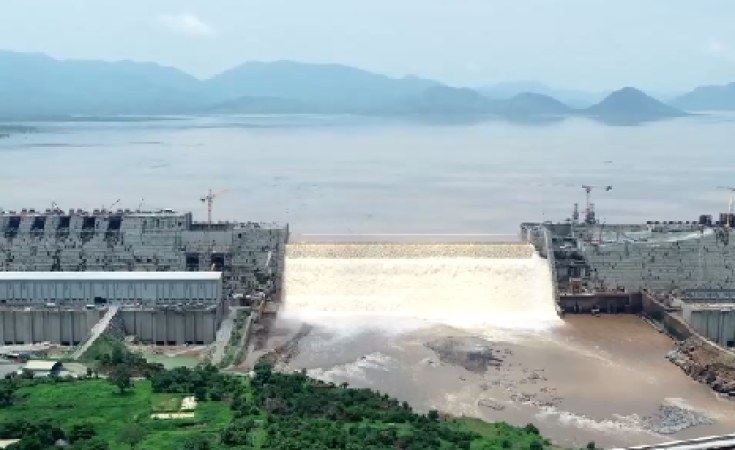Addis Abeba — Ethiopia, Egypt and Sudan have wrapped up two days of tripartite negotiation on the first filling and annual operation of the Grand Ethiopian Renaissance Dam (GERD) on Monday, agreeing to continue the negotiation in September in Addis Abeba.
Following the conclusion of the trilateral ministerial-level talks in Cairo, the Ethiopian Ministry of Foreign Affairs emphasized the Ethiopian government's commitment to a win-win resolution and ensuring Ethiopia's rightful share of the Nile waters through equitable and reasonable utilization.
Egypt on its part announced that the recent negotiations surrounding the $4.6 billion dam was concluded with no significant progress. In a statement released yesterday, the Egyptian Ministry of Water Resources and Irrigation stated that despite two days of discussions in Cairo, there were no visible shifts in Ethiopia's position.
Ethiopia, Egypt, and Sudan resumed their negotiations on the controversial dam that Ethiopia is constructing on the main tributary of the Nile River. This resumption of talks followed a declaration by Egyptian President Abdel Fattah el-Sisi and Ethiopian Prime Minister Abiy Ahmed last month, expressing their goal of reaching an agreement on the operation of GERD within four months.
The previous round of talks sponsored by the African Union to settle the GERD dispute collapsed in April 2021 as the countries failed to agree on drought mitigation, operation of the dam and future dispute resolution among other issues. Another attempt which was facilitated by the US was also ended in February 2020 without results.
In the absence of a legally binding agreement on the filling and operation of the dam, as demanded by Egypt, Ethiopia completed the first three fillings of the dam and is oncourse the fourth round. Egypt contends that Ethiopia's unilateral actions contravene international law and the UN Security Council's presidential statement from September 2021, which outlined ways to resolve the dispute.
Egypt regards the dam as a crucial danger, as it heavily depends on the Nile for agriculture and providing water to its sizable population of over 100 million citizens, making it the most populous Arab nation. Ethiopia has consistently asserted that the enormous dam will not harm the water interests of Egypt and Sudan, insisting on its rights to development. Ethiopia is the source of roughly 85% of the river's flow.


